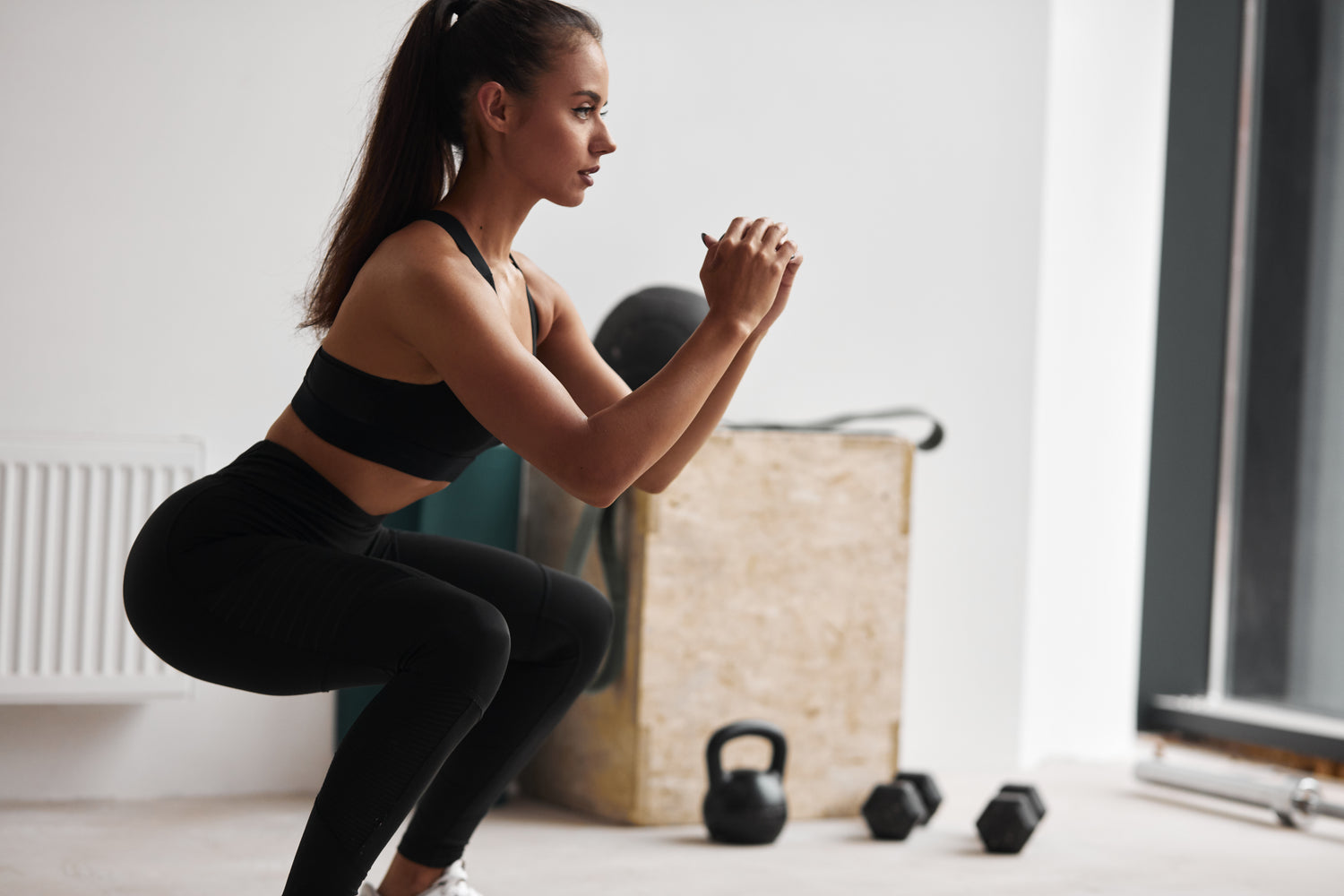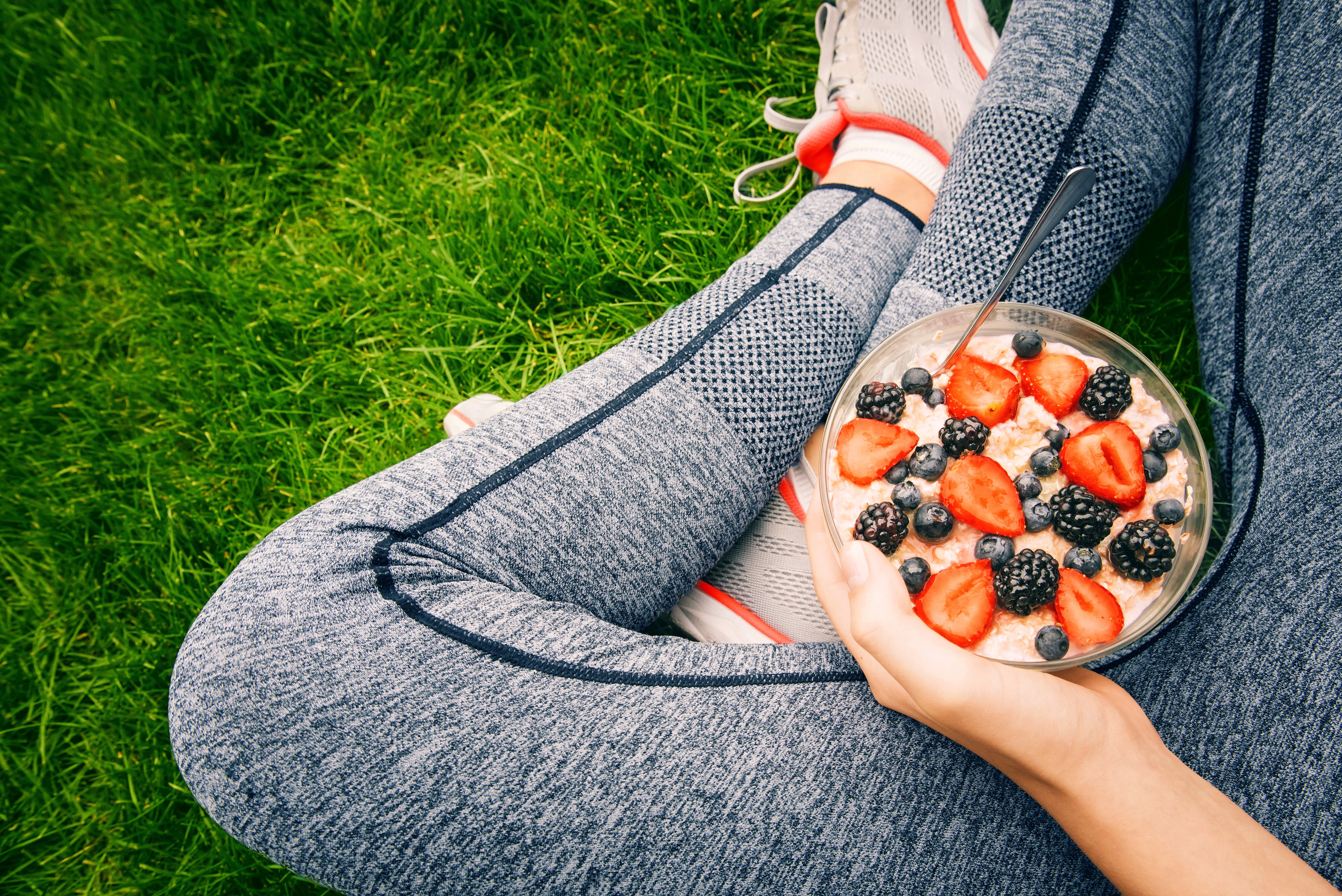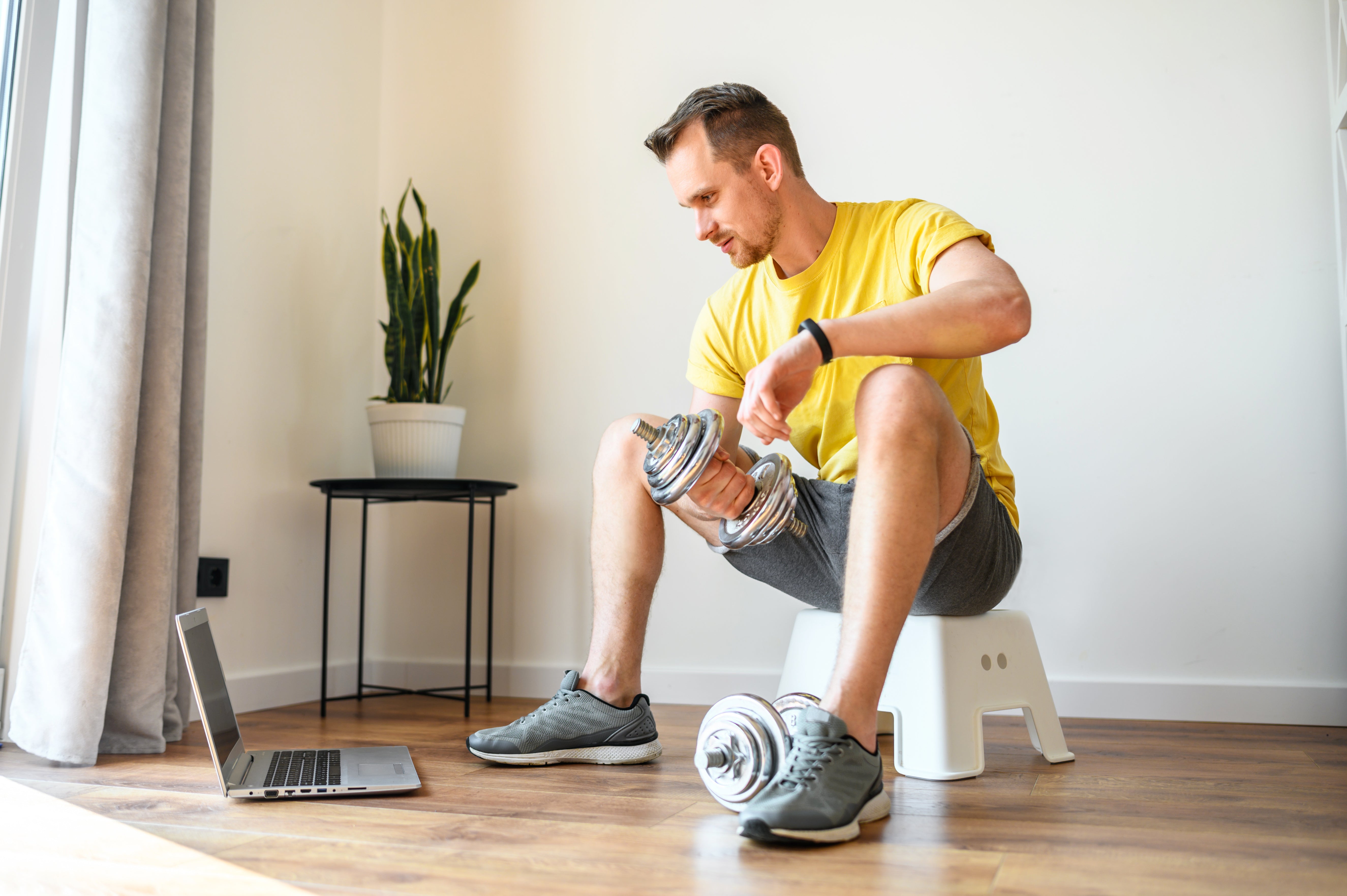Fitness is such an important part of our everyday lives. However, many of us get so caught up in our busy schedules that we reach the end of the day and realize we forgot to fit in a bike ride, take a walk, or visit the gym. Do you struggle with fitting exercise into your daily schedule? Maybe part of the struggle is a lack of knowledge regarding the many benefits that physical fitness carries with it.
Here, we will discuss the five components of fitness and how these components will better our everyday lives.
First, it is important to begin by defining the term “physical fitness.” This is considered a set of certain characteristics that are linked with the ability to complete certain physical moves. This differs from the term “physical activity,” which involves any movement of the body that causes an increased energy expenditure.
Now that we know the difference between these two terms let us discuss the five elements of physical fitness.
- Body composition
- Flexibility
- Muscular strength
- Muscular endurance
- Cardiovascular endurance
Body Composition
Body composition is a term referring to muscles, organs, and fat tissue in your body.
The idea of body composition is influenced by several factors, including genetics, diet, and exercise. Different fitness techniques are going to affect your body composition in different ways. To have healthy body composition, be sure to avoid the workout rut! For example, make an effort to have a combination of both cardio and weight training in your workout and not just one or the other. This idea of healthy body composition will be different for each person, so do not compare your fitness goals with that of your friends or others you see in the gym! Look into your own personal goals and objectives before planning out your workout routine.
Flexibility
Flexibility involves the capacity of joints to be involved in a variety of motions that do not cause pain to the individual.
When thinking about the benefits of physical fitness, how many of us forget about its impact on our overall movement and flexibility? Physical fitness will reduce the shortening of soft tissues over time and improve feelings of energy and support overall flexibility.
In addition, stretching should be completed both before and after your exercises. For more guidance on stretching, you might consider looking more into the ideas of dynamic or static stretching pre-workout and post-workout. To get the most out of your stretching routine, it is important to be consistent with these moves daily.
When participating in a stretching routine, do not forget the importance of patience! You will not immediately be able to touch your toes or slip right into a split with no ease on day one. Stretching comes gradually over time as your joints become accustomed to the movement. Just as with the actual physical exercises, a variety of moves can be performed in order to enjoy the activity of stretching and reduce your chances of becoming bored with it. Some of these examples may include quad, hamstring, upper back, and bicep stretches.
How Do I Perform Flexibility Stretches?
-
Quad stretch: Stand straight and hold an object, if needed, for support. Take the top of your left foot and bend the knee behind you until it reaches the glutes and the stretch is felt in the front of your leg. Repeat on the right side.
-
Hamstring stretch: Keep back flat as you extend your left foot forward and tip from the hips until you feel the stretch in the back of your leg. Repeat on the right side
- Upper back: Clasp your hands behind you, round the back, and extend your arms away from the body until the stretch is felt in your upper back. Tighten your abs while performing this move.
- Bicep stretch: Sit tall, separate your feet to shoulder width, and extend arms slightly behind you and to the side. Move thumbs down and back until they are extending toward the back wall
Muscular Strength
Muscular Strength is the ability to lift and move objects.
While the two terms sound similar, muscular strength differs from muscular endurance. Muscular strength addresses the ability to lift a certain amount of weight in a short period of time. Muscular strength can be accomplished by using either your own body weight or by using dumbbells, resistance bands, etc.
Some bodyweight examples include squats, push-ups, planks, and lunges, while examples with dumbbells could include bench presses, bicep curls, tricep kickbacks, or shoulder presses. The important thing to note is that muscular strength is achieved by weight-bearing intervals over shorter periods of time than exercises that improve muscular endurance over longer periods.
Muscular Endurance
Muscular Endurance refers to a muscle’s capability of enduring multiple contractions against resistance for longer periods.
Try not to be confused because it is easy to get mixed up between muscular strength and endurance. We discussed that muscular strength refers to the amount of weight an individual can lift in a shorter period. In contrast, muscular endurance refers to enduring multiple contractions for a longer amount of time. When choosing exercises to build muscular endurance, be careful to pick activities sustained for a longer period, such as running, swimming, or biking. However, it is important to note that muscular strength is also built during times of muscular endurance.
Cardiovascular Endurance
Cardiovascular endurance is determined by the ability of the heart and lungs to provide the body with oxygen adequately.
Cardiovascular endurance is vital for overall health. Aerobic physical fitness activities support your cardiac function, which supports your overall pumping of blood in the body and oxygen flow to your cells. The good news is that this can be achieved through a number of exercises, which makes working out more enjoyable! Walking, running, swimming, dancing, tennis, hockey, and many more activities can increase cardiovascular endurance.
It is important to note that if you have not participated in many aerobic activities lately, this is something you will have to ease back into. Do not expect your body to suddenly be able to handle a 5-mile run in the 80-degree heat outside.
Instead, this aerobic exercise must be started slowly and increased as tolerated, just as we discussed with stretching. If it has been a long time since you went on a run, start at a slower and shorter pace and slowly increase your momentum from there. It will take time!
What Are Some Fun Workouts I Can Participate In?
Your options are endless when it comes to physical fitness. This topic can be exciting, unique, and fun! Does the idea of running excite you? Maybe the idea of swimming? Weight-bearing activities? HIIT workouts? A rowing machine? This will differ depending on who you are as a person, what excites you when it comes to exercise, and what you are physically capable of.
For example, if you are someone with knee pain, do not choose the stair stepper or running as your exercise. Pick something like swimming or a rowing machine. If you love being outdoors and are physically able, consider outdoor biking, jogging, or an interactive sport such as soccer. Your options are endless!
Our Ski-Row Air and Ski-Row Air+PWR rowing machines both have the ability to make workouts convenient and fun. They combine rowing and ski training to provide the ability to increase your overall fitness and achieve all five of the components of physical fitness!
So What Now?
Now that we have gone over the many benefits of physical fitness, workout options you can participate in, and some specific machines that may be of interest to you, it is time to create your workout plan! Hopefully, this article has inspired you to explore a variety of workout options and find some workouts that excite you. You might just find that you are happier overall once your exercise routine begins!
Sources:
Fitness Measures and Health Outcomes in Youth
Body Composition Exercises: Achieve Your Goals
Flexibility | UC Davis Sports Medicine
8 Relaxing Full Body Stretches





Leave a comment
All comments are moderated before being published.
This site is protected by hCaptcha and the hCaptcha Privacy Policy and Terms of Service apply.